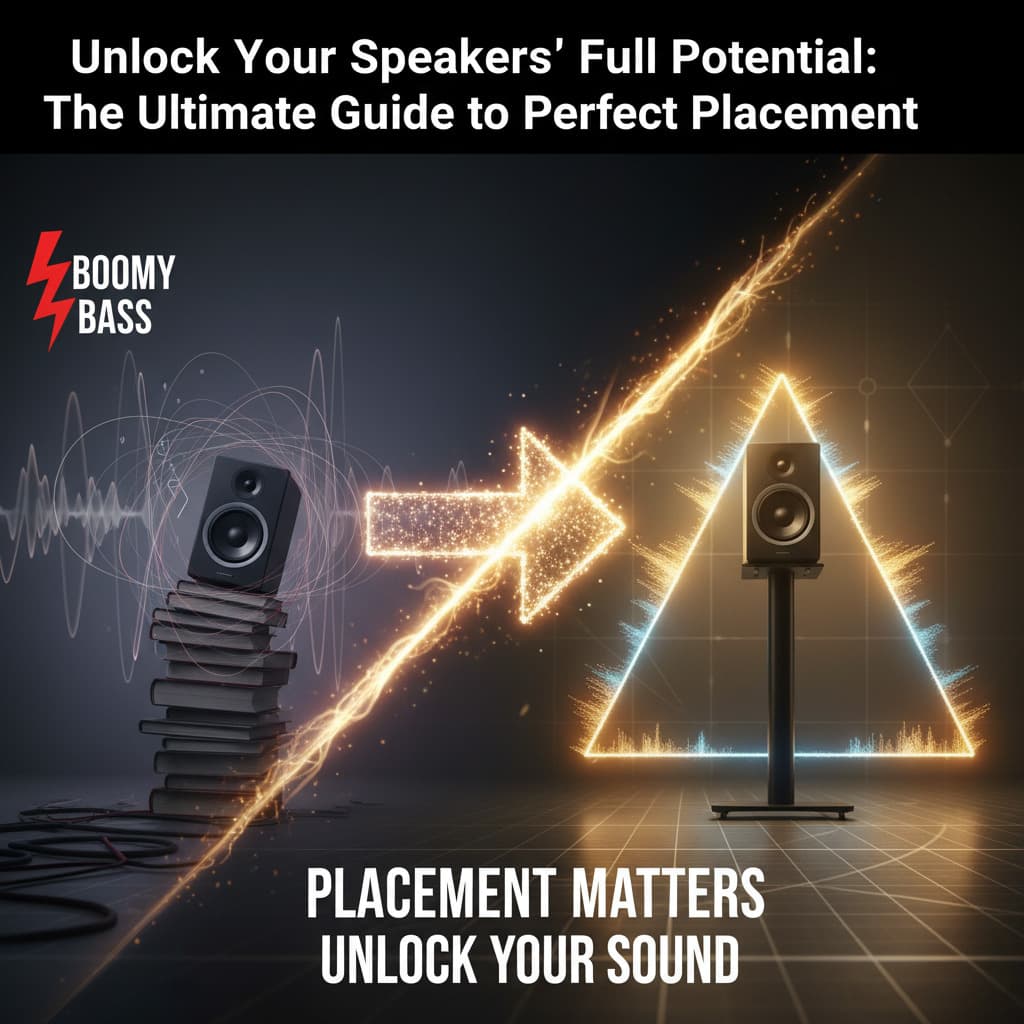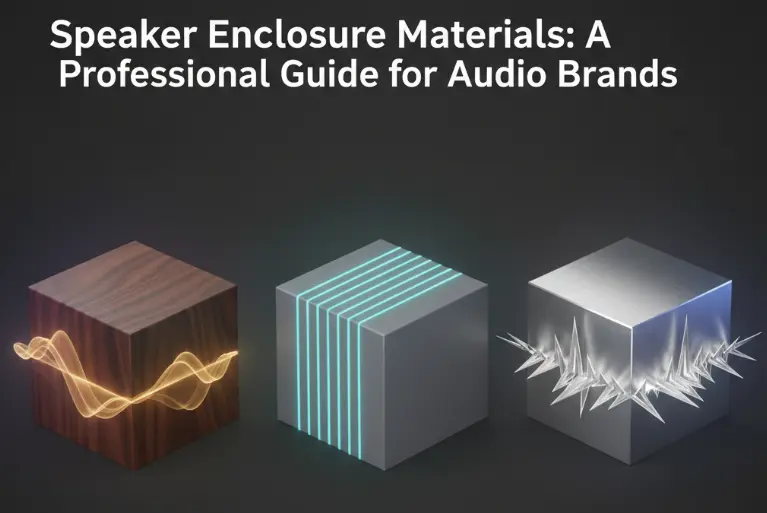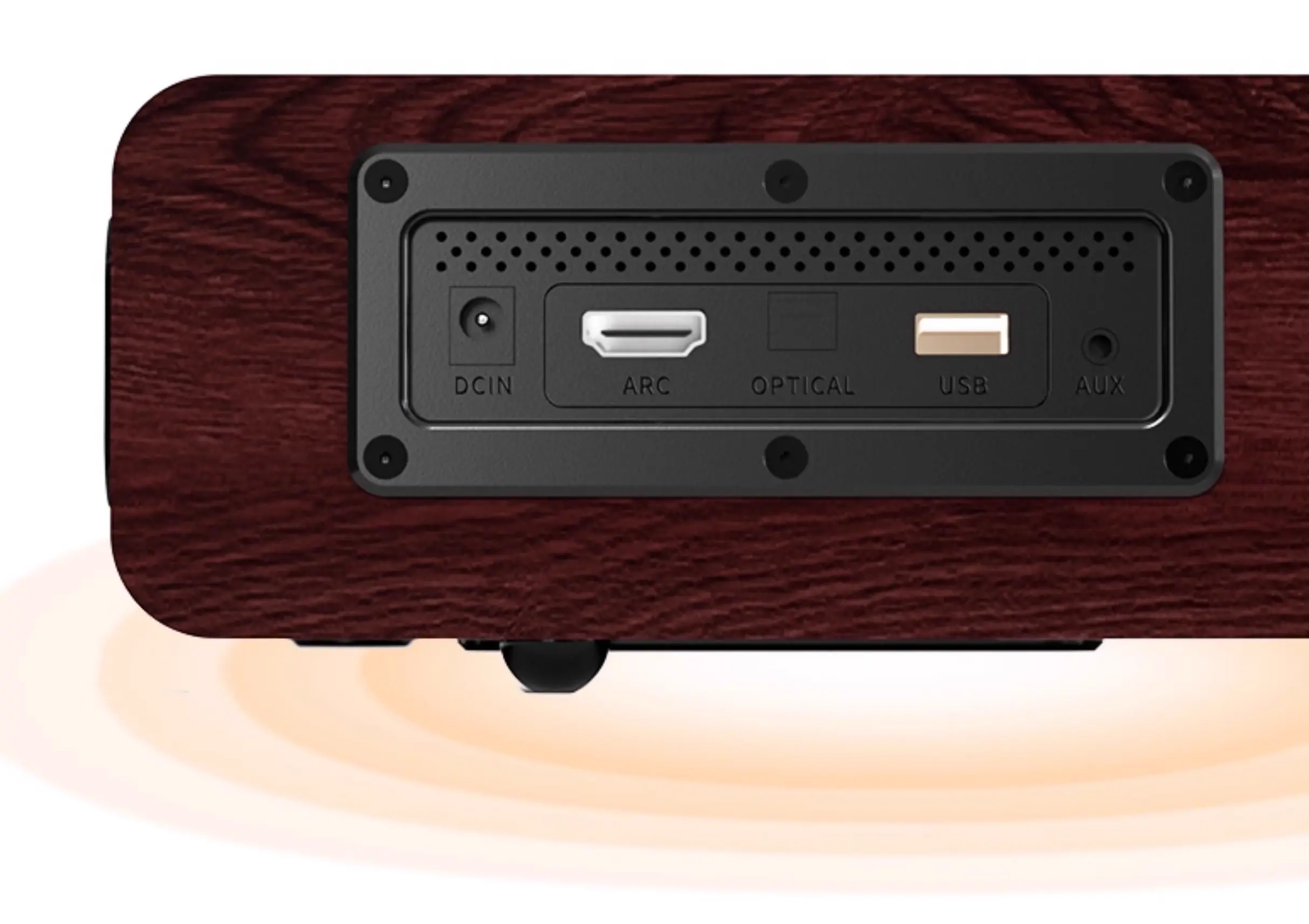For audio buyers—whether you’re a brand manager, retail buyer, or small distributor—choosing between bookshelf and floorstanding speakers feels like a tradeoff: Do you prioritize space efficiency or bass power? Is one “better” for home theater, HiFi listening, or small rooms? In 2025, market data and consumer trends make this choice clearer—plus, working with the right OEM can help you leverage both types for different audiences.
As a 13-year audio-focused integrated manufacturing & trading company, we’ve produced tens of thousands of both speaker types for global clients. We’ll break down the pros/cons, 2025 market data, and how our OEM/ODM services help brands/retailers/distributors capitalize on each speaker’s strengths.
1. Core Differences: Bookshelf vs. Floorstanding Speakers
First, clarify what sets each type apart (key for marketing and product development):
| Feature | Bookshelf Speakers | Floorstanding Speakers |
|---|---|---|
| Size | 12–18” tall (fits on shelves/stands) | 36–48” tall (needs floor space) |
| Bass Response | Relies on drivers (5–6.5”) or subwoofers | Larger drivers (8–12”) + built-in bass |
| Use Case | Small rooms, HiFi desktop, budget home theater | Large rooms, full-range home theater, audiophile setups |
| Price Point | $100–$500 (entry to mid-range) | $500–$2,000+ (mid to high-end) |
| 2025 Trend | Growth in wireless/Bluetooth models (22% YoY) | Steady demand for premium, AI-tuned models (15% YoY) |
2. 2025 Market Data: Which Sells Better?
Using our Amazon cross-border data and industry reports (e.g., Statista, NPD Group):
- Bookshelf Speakers: Drive 65% of entry-level audio sales (perfect for small brands/retail chains targeting budget-conscious buyers). Wireless bookshelf models grew 22% YoY in 2024–2025 (EU/US).
- Floorstanding Speakers: Make up 70% of premium audio revenue (ideal for international brands targeting audiophiles). AI-tuned floorstanding models (with room calibration) grew 15% YoY.
For example: A US retail chain sold 3x more bookshelf speakers than floorstanding in 2024—but floorstanding models had 50% higher average order value.
3. Who Should Choose Which? (By Customer Type)
For International Brands: Leverage Both for Segmented Markets
Mid-to-large brands can use bookshelf speakers for mass-market appeal (e.g., a “budget home theater” line) and floorstanding for premium segments (e.g., an “audiophile reference” line). Our OEM services help:
- Rapid prototyping: Develop both speaker types in parallel (8–12 weeks each).
- Certification bundle: Secure CE/FCC/PSE for multiple products at once (save time/cost).
A German brand launched a bookshelf line for EU mass retailers and a floorstanding line for specialty HiFi shops—both in 2024, with our support.
[Insert Image 1: “Brand’s Dual Speaker Line (Bookshelf + Floorstanding)”]
Caption: Left: The brand’s bookshelf line (our OEM production, mass-market packaging). Right: Their floorstanding line (premium packaging, audiophile targeting).
For Retail Chains: Prioritize Bookshelf for Volume, Floorstanding for Margin
Retail chains need bookshelf speakers for high volume (low price, fast turnover) and floorstanding for margin (higher price, loyal customers). We help with:
- Localized customization: Spanish/Portuguese bookshelf packaging for Latin America; premium floorstanding displays for EU HiFi sections.
- Inventory balancing: Recommend 70% bookshelf, 30% floorstanding to maximize sales + margin.
A Brazilian hypermarket uses this mix: 70% Bluetooth bookshelf speakers (high volume) and 30% premium floorstanding (high margin)—achieving 85% sell-through overall.
[Insert Image 2: “Retail Chain’s Speaker Section (Bookshelf + Floorstanding)”]
Caption: Left: The chain’s bookshelf display (high-volume, budget-focused). Right: Their floorstanding display (premium, margin-focused).
For Small Brands/Distributors: Start with Bookshelf, Scale to Floorstanding
Small brands should launch with bookshelf speakers (low MOQ, niche appeal) then expand to floorstanding as they grow. Our 6-week OEM process for bookshelf speakers lets you:
- Test demand with 100 units.
- Reinvest profits into a floorstanding line (we offer 15% off follow-up orders).
A UK small brand launched bookshelf speakers in 2024, sold 500 units, then used profits to launch a floorstanding line in 2025—now serving both budget and premium buyers.
4. How Our OEM/ODM Services Support Both Speaker Types
Whether you need bookshelf, floorstanding, or both, we streamline production:
- Shared R&D: Use our pre-tested driver designs (5.25” for bookshelf, 8” for floorstanding) to cut development time.
- Cross-certification: Secure CE/FCC/PSE for multiple products in one cycle (save 30% on certification fees).
- Marketing synergy: Create unified marketing materials (e.g., “Our audio ecosystem: bookshelf for small spaces, floorstanding for big rooms”) to strengthen your brand story.
5. Ready to Leverage Both Speaker Types?
We offer free 45-minute strategy sessions for all client types:
- Brands: Map your dual product line roadmap.
- Retailers: Get a customized mix of bookshelf + floorstanding for your market.
- Small Distributors: Plan your “launch + scale” speaker strategy.
Email [[email protected]] with “Bookshelf vs Floorstanding 2025” or connect on LinkedIn. We reply in 24 hours.
Final Thought: It’s Not “Either/Or”—It’s “Both/And”
In 2025, successful audio businesses use bookshelf speakers for accessibility and floorstanding for premium appeal. With our 13 years of expertise in both types, we help you serve every customer segment—without compromising on quality, speed, or budget.
Let’s build your speaker ecosystem together.
Contact us today.
P.S. Follow our LinkedIn for data deep dives: “2025 Bookshelf Speaker Sales Breakdown” and “How Floorstanding Speakers Drive Margin.”






